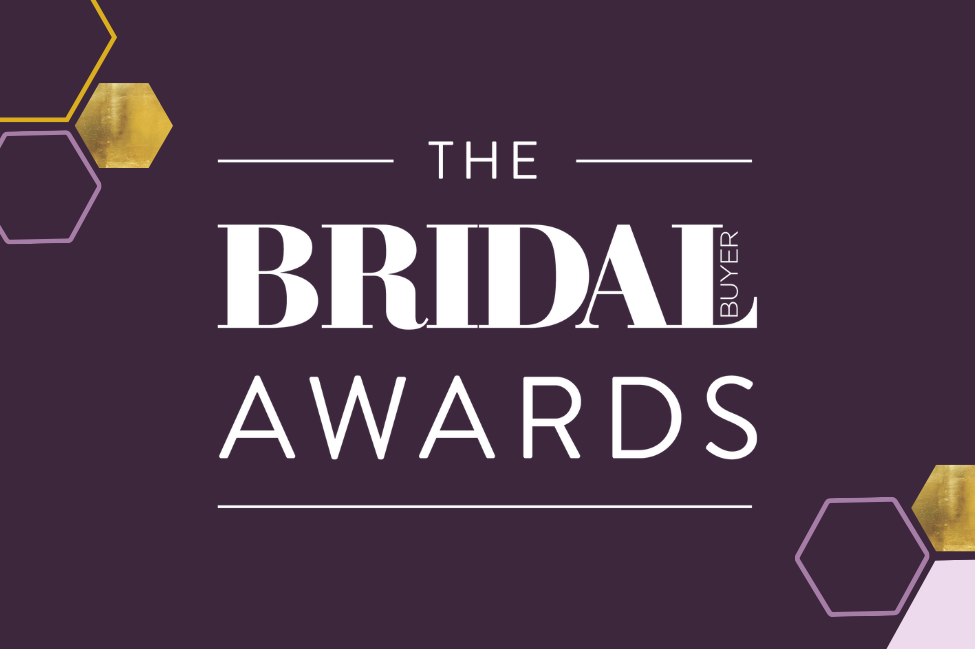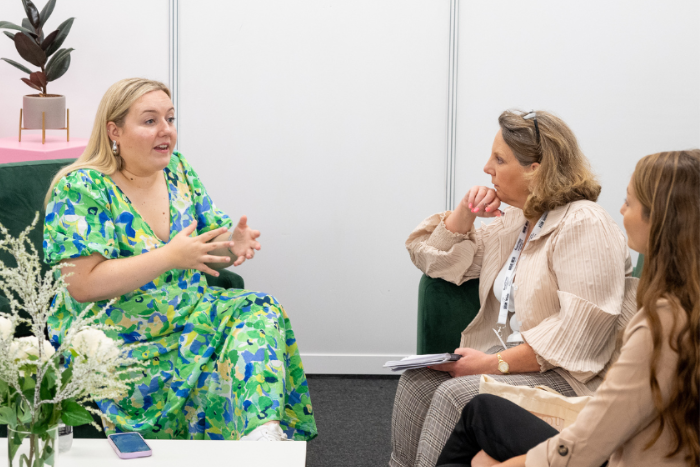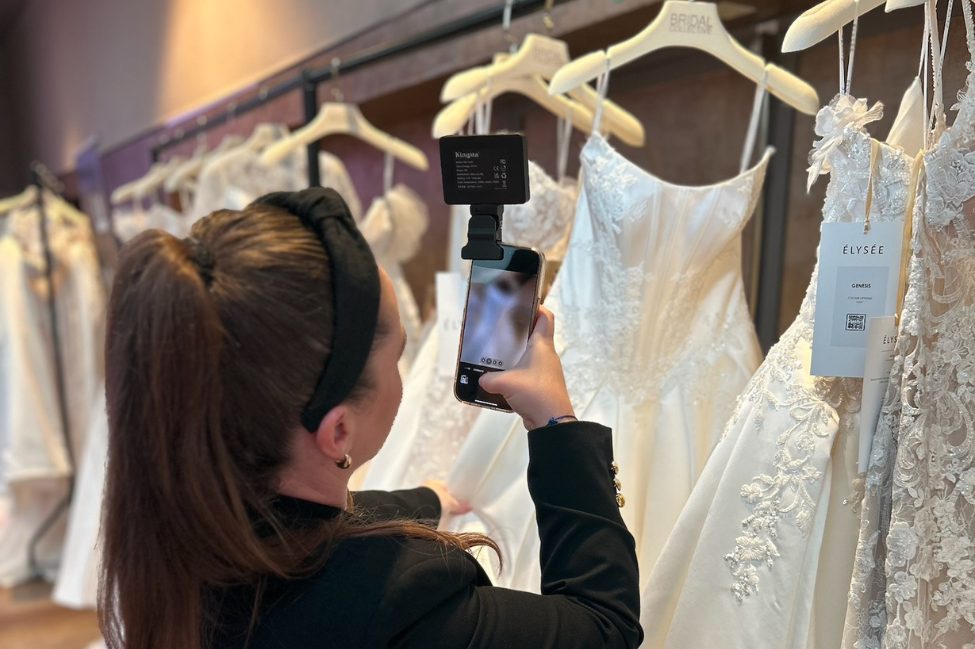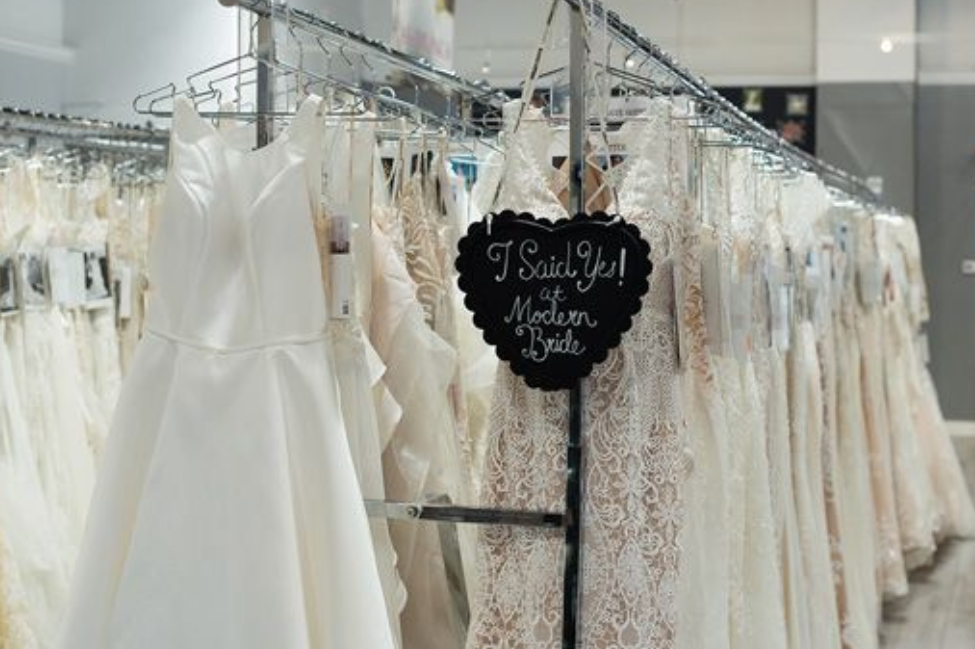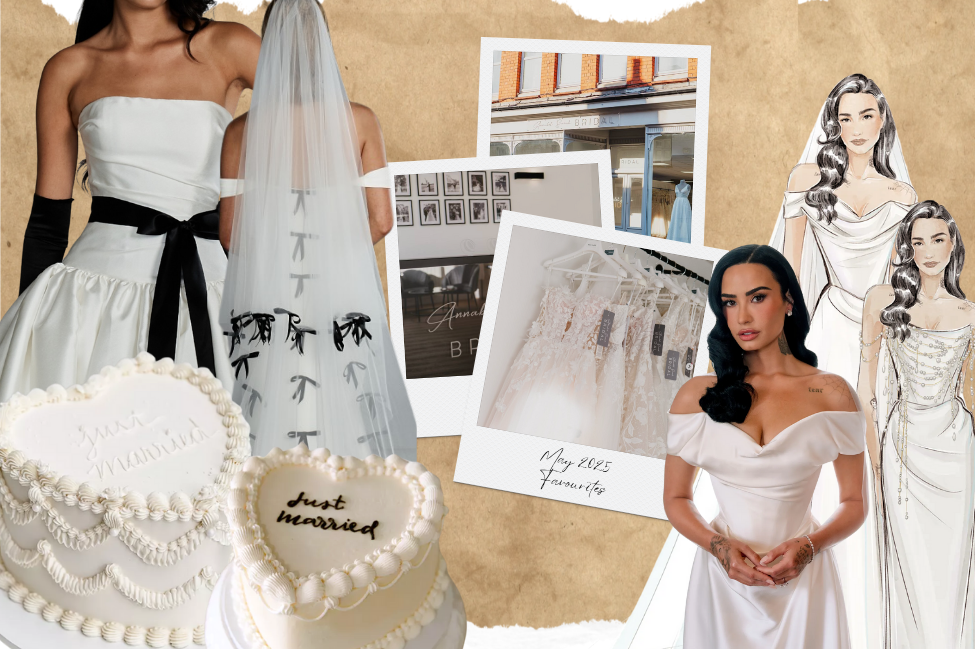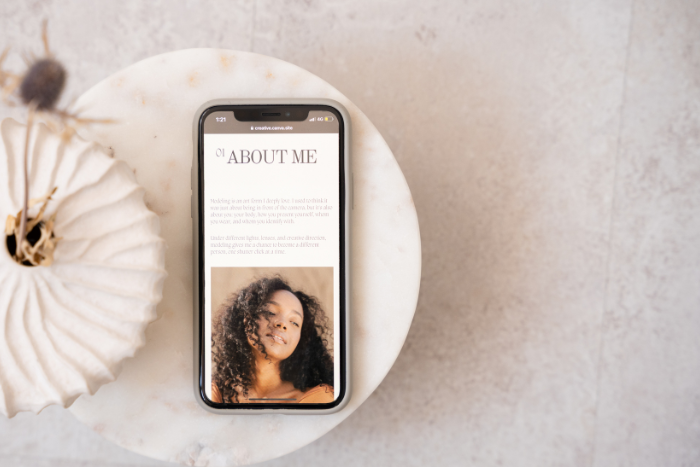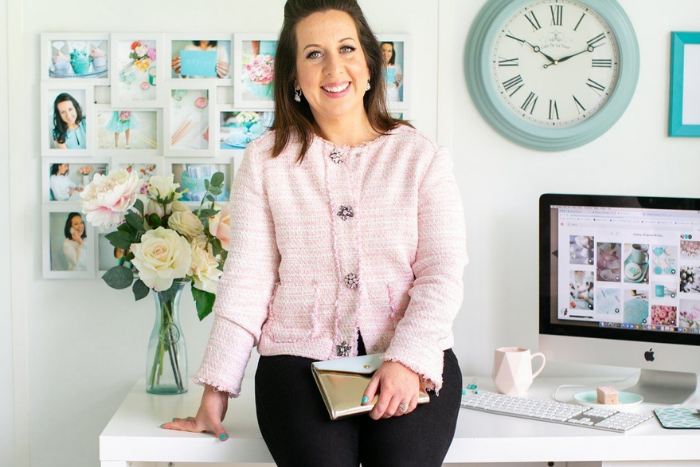Identifying your business niche
Developing a business niche is a great way to stand apart from your competitors and attract clients and customers you might otherwise have missed out on. We interviewed Vaishali Shah, creator of Ananya London, to hear her advice on how to identify and harness your business niche to create a successful brand.
What is a business niche?
Hubspot has defined a niche as “a focused set of people or businesses who are in the market to purchase a product or service you sell. This group of individuals has a specific set of needs that can be met by a targeted product or service that addresses those needs.”
A business niche in the wedding industry could include focusing on the budget bride, vintage bride or eco bride, for example. Niche areas could be marquee weddings, luxury weddings, Asian weddings or destination weddings.
Instead of selling a wide variety of products/services to everyone, a niche is when a business focuses on offering a specific set of products/services.
Why is it important to have a niche?
It is a common mistake to think that you can be all things to all people, and that you can cater to all couples, for example.
Having a niche is a way to stand out from competitors and build your reputation and credibility in your niche area. As a specialist business, there is less direct competition, particularly important in a very crowded wedding industry.
There are financial savings with a more tailored marketing approach, so you can reduce your marketing spend as you focus on your target audience or make your marketing budget work more effectively for you. By being more focused and clearer, you can be more productive and efficient.
Having a well-defined niche can position you as a specialist and importantly, as an expert in your area - the ‘go to’ person and authority in your field. As a result, you can be invited to blog for others, be a guest on a podcast or a speaker at a wedding showcase on your niche area, which in turn can lead to more customers.
How can a brand identify their niche/what questions can brands ask themselves?
- Consider your interests, values and what you are passionate about: For example, the environment or diversity and inclusion, may make you want to focus on eco weddings or cultural or same sex weddings.
- Identify customers’ problems and needs: Look at the pain points of your potential customers – for example, are they struggling to find wedding dresses for all sizes and body types?
- Do competitor research: What are others doing in this niche area? Who are your potential customers and how are they operating? How are these businesses communicating with their audience and is there anything that they are missing or not doing well? You could look at Google Trends, industry publications and blogs to help.
- Clearly define your niche and determine its profitability: Evaluate your price point, location (local/national/worldwide), customer demographics to give your business the best chance to be profitable.
- Test your product/service and keep monitoring. Is your niche offering suitable for your chosen market? Via social media or email marketing, you could have an introductory offer or trial period and get invaluable customer feedback (‘really listen to your customers’) so that you can develop further and refine your niche as necessary.
I believe that your niche should be in an area that ideally you know well - through your own experience, exposure to it or your values. This is what creates credibility and authenticity for you and your business. For example, if you have rarely travelled abroad, catering to destination wedding couples may not be the right niche for you. Similarly, if you do not enjoy fine dining, nor do you frequent high-end venues, then the luxury wedding niche may not be an appropriate and genuine fit. It could be helpful if your niche was in an area where your expertise and experience are aligned with the values and vision you hold for your business.
What strategies/methods can be used?
By concentrating resources (both time and financial) on a smaller audience, your business will be able to make those resources work harder and smarter for you.
Establish yourself in your market and then, as your business grows and scales up, so can your niche market grow. The Harvard Business Review says that large markets can evolve from niche ones, as through word of mouth and positive reviews, this can help carry your business into a larger, potentially more lucrative market.
How can you optimise your niche?
Ensure all your marketing messages are consistent and that your team know and understand your niche.
Search Engine Optimisation (SEO) and focusing on keywords will be essential. Comprehensive research should be undertaken into the keywords and phrases that your potential customers are using in relation to what you can offer. Competing with popular keywords (e.g. ‘weddings’) can be a challenge. If you are working within a niche area, this is advantageous as you can focus on less generic or broad keywords and instead focus on more targeted and less competitive keywords which will place you higher up on search engines – such as ‘Hindu bride’ or ‘multicultural wedding’. With this, you can create original, keyword rich content such as blogs.
What is your experience of developing a business niche?
I run Ananya, a wedding and event stationery business. My niche is cultural and multicultural weddings. My message is ‘wedding and event stationery for momentous celebrations rich in personality in and culture’.
All my marketing, advertising, PR and social media focuses on this niche area. Initially, when I set up the business 16 years ago, like many others, I said I created stationery for all types of weddings as I thought it was best to target everyone to get more business. As a result, I found my social media feed was cluttered and confusing as I would share images of an Indian wedding with bright bold colours and intricate patterns next to a rustic barn wedding with earthy colours and florals. A few years ago, I then re-looked at the business (the importance of working ‘on’ the business rather than just always ‘in’ the business) and looked at all the enquiries and confirmed orders from clients over the previous 12 – 18 months and realised that over 94% were all relating to cultural weddings.
I took this a step further and then spoke to a handful of wedding and event planners who potentially could refer business to me, and I asked them the same questions: “What does Ananya mean to you? Why and when would you refer Ananya?” Without exception, everybody came back saying that they would recommend me for a cultural or multicultural wedding, for example an Indian or African wedding, or when two or more cultures needed to be combined harmoniously and in a sensitive, considered manner. On these occasions, I would be their ‘go to’ wedding stationary supplier.
So, I have focused my Ananya resources on my niche of cultural and multicultural weddings. I focus my copy and imagery on heritage, traditions and blending cultures together, I look at publications which cater to my niche for my advertising and PR, wedding planners or wedding venues who also specialise in this area and engage in relevant Facebook groups etc.
Please contact Vaishali Shah at Creative ID for more information.
Aspirational branding for inspirational brands.
T +44 (0)20 7242 1877



